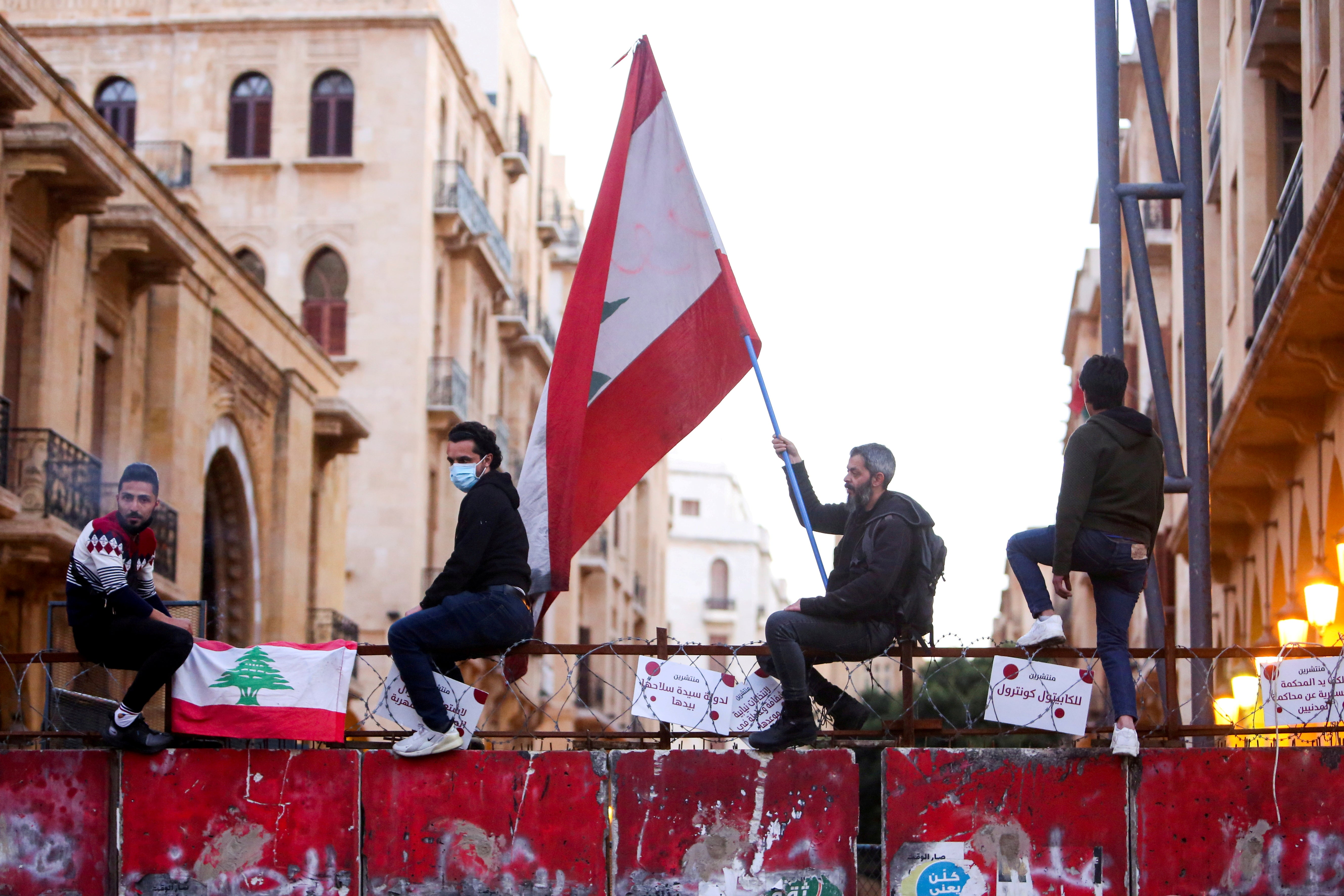Lebanon could sink like ‘the Titanic’ leading politician warns
Nabih Berri, the speaker of the parliament, said the whole country was ‘in danger’

Your support helps us to tell the story
From reproductive rights to climate change to Big Tech, The Independent is on the ground when the story is developing. Whether it's investigating the financials of Elon Musk's pro-Trump PAC or producing our latest documentary, 'The A Word', which shines a light on the American women fighting for reproductive rights, we know how important it is to parse out the facts from the messaging.
At such a critical moment in US history, we need reporters on the ground. Your donation allows us to keep sending journalists to speak to both sides of the story.
The Independent is trusted by Americans across the entire political spectrum. And unlike many other quality news outlets, we choose not to lock Americans out of our reporting and analysis with paywalls. We believe quality journalism should be available to everyone, paid for by those who can afford it.
Your support makes all the difference.Lebanon will sink like “the Titanic” if it fails to form a government, the speaker of parliament has said as the legislature approved an emergency loan to keep the country’s lights on for just two months.
In Monday’s session, the parliament approved a $200 million (£145 million) loan to pay for fuel to generate electricity, after the energy minister warned of indefinite blackouts because cash for several power plants was set to run out beyond the end of March.
Chronic electricity shortages is just one of a slew of crises the small Mediterranean country is limping through.
Lebanon’s currency has lost more than 80 per cent of its value over the year and after an unprecedented financial crisis has seen the economy go into freefall and the cost of some goods more than quadruple in price.
“The whole country is in danger, the whole country is the Titanic," Nabih Berri said on Monday. "It’s time we all woke up because in the end, if the ship sinks, there’ll be no one left."
Read more:
Cesar Abi Khalil, a member of parliament and former energy minister, told Reuters, that the money would be enough to cover electricity for around two months or two-and-a-half.
It is unclear what will happen after that.
Lebanon, which is among the most indebted countries in the world, is in the grips of its worse ever financial crisis, anchored in decades of corruption and mismanagement.
The global pandemic and a massive explosion that ripped up swathes of the capital city in August have only piled further pressure on the country.
The currency has been in near-freefall and amid skyrocketing inflation supermarkets have intermittently shut up shop because they do not know the true value of goods. It has sparked incidents where hungry customers have charged in forcing shop owners to sell them subsidised goods.
The United Nations food agency has recently warned that Lebanon is among 20 countries dubbed “hunger hotspots” where the number of people starving will soar this year.
The worsening conditions have sparked regular rounds of protests by citizens who accuse the authorities of being corrupt and stealing from the people.
On Monday, parliament passed a law which backers said could make it easier to recover stolen public funds, although some lawmakers publicly doubted it would yield much.
"Effectively, all these texts cannot be implemented," said lawmaker Jamil al-Sayyed, who is allied to the Iranian-backed Hezbollah movement. "What’s happening is a charade... We’re lying to you," he said in televised comments.
Lebanon’s crumbling infrastructure, which was never properly rebuilt after several wars, already means the country lacks electricity generation capacity and homes and businesses have to cope with power cuts for several hours a day as standard.
The Zahrani power plant, one of Lebanon’s four main electricity producers, which provides power for most of the south has already shut down this week for lack of fuel.
The company said there had been a delay offloading a spot cargo that arrived in Lebanon after complications arose as to the method through which the gas oil should be tested.
Another cargo ship with supplies that was due to arrive from Kuwait was stuck in the Suez Canal after the waterway was blocked for nearly a week by a cargo ship.
"Any shutdown in one of these big plants affects power generation negatively," Abi Khalil said. "This means Lebanese make up for it with generators that run on diesel that’s 30 percent more expensive than the fuel that’s bought by the electricity company."
Join our commenting forum
Join thought-provoking conversations, follow other Independent readers and see their replies
Comments